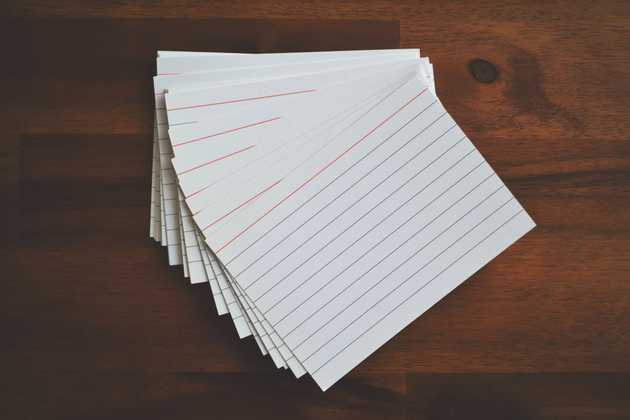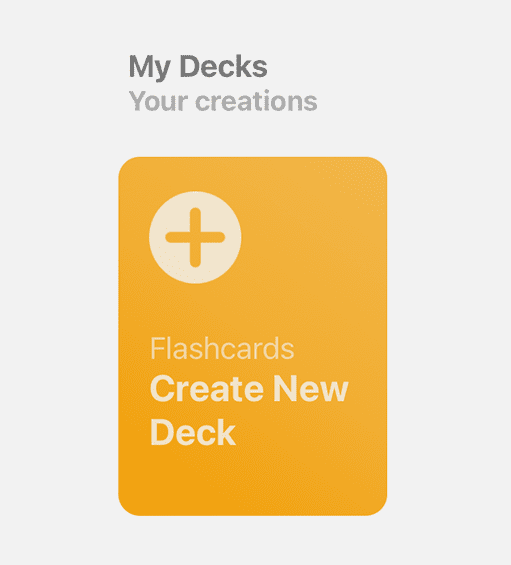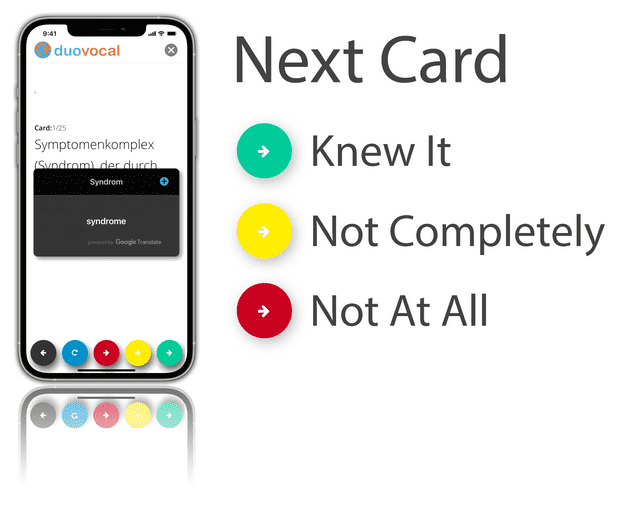Why Flashcards Simply Work
Last Updated March 24, 2021
Flashcards are a popular and effective way to study. There are various ways to use them, for subjects ranging from a new language to medicine or combining both.
Traditionally flashcards were paper and written by hand, however they can now be digital and more versatile than ever before. This is especially true when purpose built platforms such as the Duovocal App are used.
Why are flashcards relevant to you and how to use them?
Using flashcards to self-test is an application of the “testing effect”, whereby it is proven that long-term memory is increased when specific time is devoted to retrieving information from memory.
This helps you learn information and identify any weak points or difficult material. Applied learning algorithms can help you by automatically establishing the correct repetition time and order. Duovocal App features just such an algorithm. Our flashcard system optimizes your studying, by repeating harder concepts in the perfect interval for maximum memory retention.
Don’t discover your weaknesses on test day!
It is better to discover and correct weaknesses while you are studying, instead of when you are in the middle of a high-stakes exam.
How to make effective flashcards?
Here’s how!
1. Use your notes
Use your notes or your textbook to identify key concepts in the material.
2. Simple Questions
Ask simple questions based on the term or concepts.
3. Be succinct
Keep the contents as succinct as possible, so that you can be sure that you will be able to answer the question. If the content is too long … simplify the question.
For example instead of listing symptoms, pathophysiology and treatment for a condition on one card, split it up into manageable questions or concepts.
4. Know your tools
When using our flashcard creator tool remember that in the App you will be able to Touch-To-Translate both the fields, “Definitions” and “Examples”, so they don’t have to be in your native language and should be in the language that you are learning even if you would need help to read and understand it.
5. Study Time
Once you have created a deck of flashcards you are ready to study them. Select a quantity of cards to learn or review and our algorithm will provide you with cards in a specific order (dependent on last review, knowledge level of the card etc.)
You can review them in “Translational Mode” or “Descriptive Mode”.
Translational Mode (Beginner):
Displays the fields “Front of Card”, i.e. the term and once you flip the card the translation of that term in your language with the contents of “Examples” field which is in the language that you are learning. You can then touch any word you don’t know to translate it.
Descriptive Mode (Advanced):
Displays the fields “Front of Card”, and the fields “Definitions” and “Examples”, both of which are translatable if you don’t know a word.
6. Learn Gestures
Double tap to flip the card, swipe (iOS only) or press the corresponding arrow to progress the card depending on how well you remembered the contents.
7. Fine-tune
Refer back to your notes or textbook for any concepts you had trouble with. Make sure you write or say aloud a correct answer about each concept before moving on. You can also use this opportunity to fine-tune your flashcards, correct any mistakes, if a card was too long split it into two (target the question).
8. Learn and Review
Once finished take a break much earned break. You can always come back to these cards for a quick study session by yourself or with a friend later. You should definitely come back tomorrow. For the best results from Day 2 use both modes Learn and Review.
Learn Mode:
Will preference cards that you have not yet encountered or reviewed.
Review Mode:
Will be more likely to provide cards that you have previously reviewed.
Helpful Tips:
- Make your own flashcards as you study the material.
- Review some each day.
- Keep it simple so that you can progress through cards quickly and master the material a little at a time.
Flashcards are an incredibly versatile study tool. While many students think of using them for simple facts, they can be used for complex processes throughout one’s academic career.




